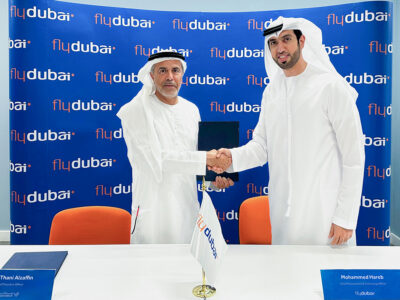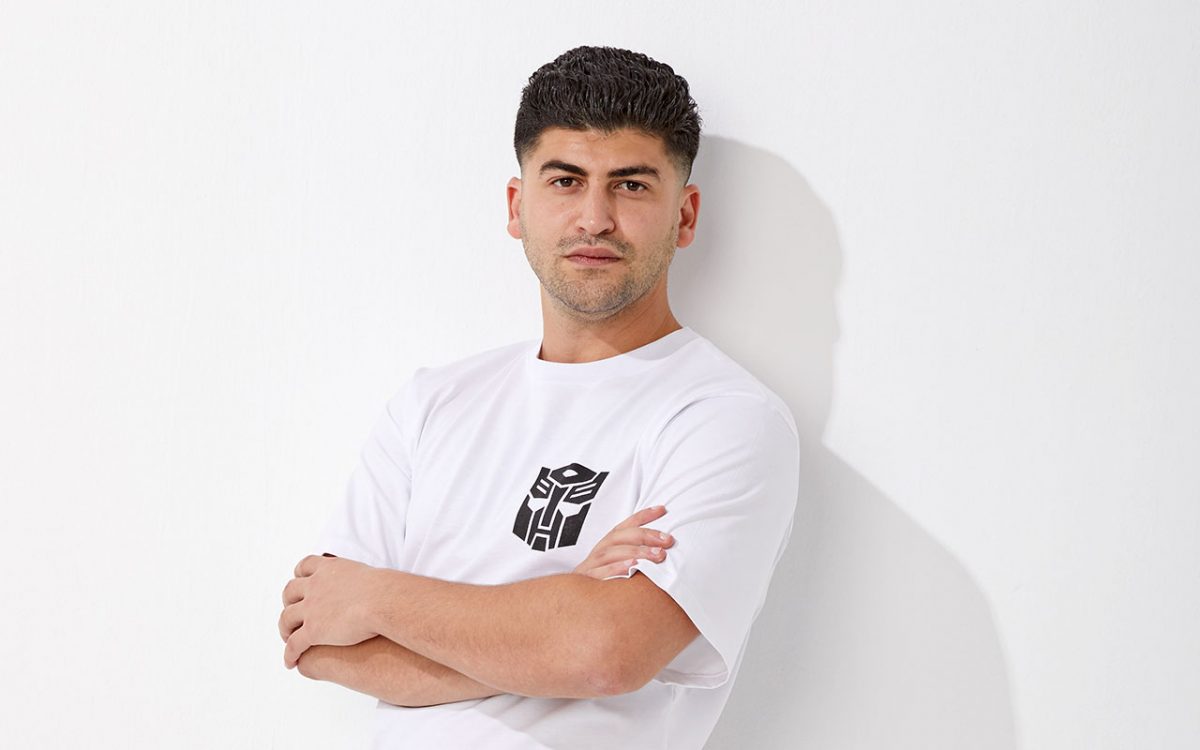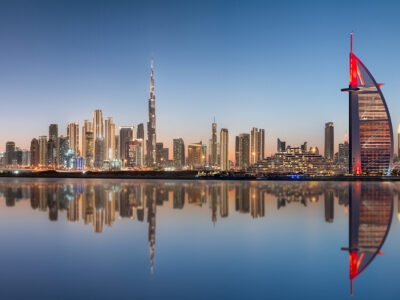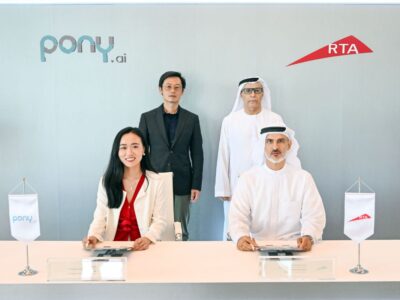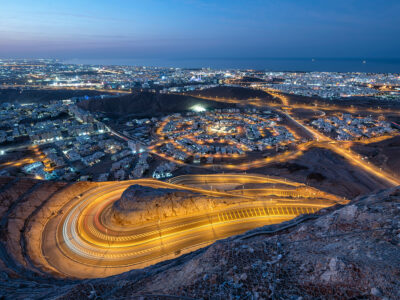When he started virtual reality (VR) gaming company Robocom VR three years ago, Karim Ibrahim was not planning to overhaul the region’s gaming infrastructure, but his most recent deal could do just that.
In October, Robocom VR signed a memorandum of understanding with the developer of Abu Dhabi’s Al Qana to open PIXEL, a VR gaming complex and esports hub, in 2021. It will include the first certified esports academy in the region.
“The unlocking of sponsorship, advertising, and media rights is projected to increase [esports’] annual global revenue to more than $1.7 billion by 2021, around one percent of the total gaming market,” a January 2020 Strategy& report writes. The gaming industry is worth $129bn per year, and by comparison, the entire GCC gaming market is expected to be worth $821 million by 2021.
It is a busy week for Robocom having privately launched a new partnership with Hasbro to create the Transformers VR: Invasion of the Decepticons. The public launch of this will take place at Gitex with Robocom planning a Transformers area at the event, from December 6th to the 10th, and plans to speak on stage.
When asked why he decided to create an esports academy in the GCC, Ibrahim says that his ultimate goal “is to create an ecosystem that, in my opinion, does not yet exist in the region”.

That is also true of Robocom VR’s main business, virtual reality gaming, which is still relatively new, and represents a fraction of the gaming industry, despite major companies including HTC, Oculus, and PlayStation betting on its potential. Unlike those firms, which created headsets and content to be used directly by consumers, Robocom VR has focused on “location-based entertainment”— modern arcades.
Rather than catering to individual customers, Robocom VR works with large entities seeking to add VR gaming arcade consoles and content to their existing locations — including Dubai Mall, IGA Airport in Istanbul and American Dream Mall in New York.
“We are 10 years ahead of the market because we went against the grain,” Ibrahim says. “Everyone else was investing in [VR] content. No one was investing in location-based entertainment.”
Similarly, he sees the limited gaming infrastructure in the region as an opportunity to bring esports to the GCC. Competitive gaming has been largely dominated by the Asian-Pacific, North American and European markets. Outside of these three markets, the rest of the world accounts for 15 percent of total esports revenue, according to Business Insider Intelligence.
Major misconceptions
“The opportunity esports represents is phenomenal, and that is compared to some of the biggest sporting events in the world,” says Johnny Yaacoub, manager at Strategy& Middle East. “Take the example of Kyle Giersdorf, known online as Bugha. The gamer won the Fortnite World Cup and took home $3m – that’s more than the money awarded to the male or female winners of the Wimbledon tennis championship. That’s the scale of this industry.”
But Ibrahim is quick to point out major misconceptions in esports. “People think if you play all day and drink energy drinks, you’re an esports player,” he says. “This is not the case at all.”
Other than being skilled in a competitive game, Ibrahim says that people looking to make a name in esports need to learn content creation skills. With the global esports audience set to grow to 495 million people this year, streaming has become a major part of esports, building a base of global followers and giving players a better chance of being noticed by global teams.
“Esports has hit this stratosphere in large part because of the social component of live streaming and gaming,” Mariel Soto Reyes writes in a December 2019 report by Business Insider Intelligence. “Gaming-specific streaming platforms like Twitch and YouTube Gaming give fans a direct connection to the players and teams, while more mainstream socials have allowed those connections to flourish. Certain esports organisations, like FaZe Clan, are also moving aggressively into areas like merchandise, lending their brands more notoriety than if they’d stuck to esports alone.”
The academy – which focuses on PC, PlayStation, and mobile games – includes a production room with a green screen, multiple streaming rooms, and an event hall, among other features. “When you come to our academy, it is not enough that we make you skilled at a game,” he says. “We want to build the whole ecosystem.”
“We have gym memberships because there’s a gym next to us,” Ibrahim adds. “After a few hours of gaming, we want players to look after their health – we have a cafeteria, and a counsellor to speak with anyone who needs it.”
Ideal landscape
He says that he wants to put the Middle East on the map for esports, which means finding and developing the right talent, sending them abroad to play with international teams, and bringing them back to continue building up the regional esports segment with the benefit of that experience.
“We don’t want to be an internet cafe,” he says. “This is a professional establishment, and we will teach you how to become a professional.”
With a disproportionately young population and high internet penetration, the GCC seems like an ideal landscape for competitive gaming. As a largely untapped market, it holds inherent risk, but Ibrahim is not someone who shies away from risk — he opened and closed nine companies before finding success with Robocom VR.
 Toufic Assaf. Image: ITP Media Group
Toufic Assaf. Image: ITP Media Group
Starting a heavily technology-dependent company in Lebanon, which lacks infrastructure, was already a risk, yet Ibrahim and his business partner Toufic Assaf were able to win projects in the UAE, Turkey and the US. But the Beirut blast, which on August 4 2020 shattered the capital and left hundreds of thousands homeless, was a major challenge.
“All of our equipment was destroyed,” Ibrahim says, noting that the company’s office is in Beirut Digital District, not far from the capital’s downtown area. “Luckily, no one was hurt because it happened just after 6pm, but around 70 percent of our computers were destroyed there.”
Oasis Circle
Even as he describes the damage, Ibrahim sounds optimistic for the future and clarifies that he does not regret opening his company in Beirut. Still, he hopes to open an office in Dubai as the company grows.
He sees the future for VR as a virtual space where people can interact, and says that esports is one part of this larger vision, which he calls the Oasis Circle – a nod to the 2011 novel Ready Player One by Ernest Cline. In the novel, a worldwide virtual reality setting called the Oasis is the main ‘location’ where people go to school, compete in games and socialise.
“One day, you will have your own personal space where you can mingle, interact and, of course, be whoever you want to be in your circle,” he says.

